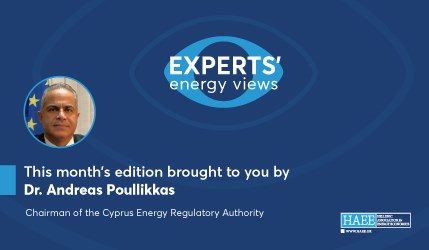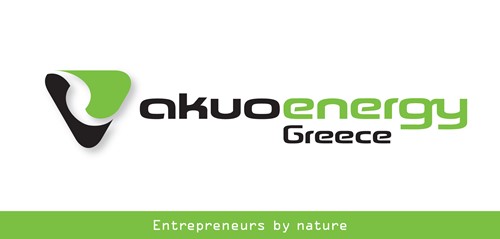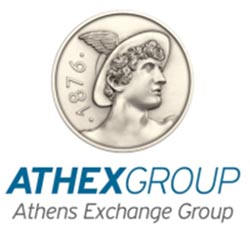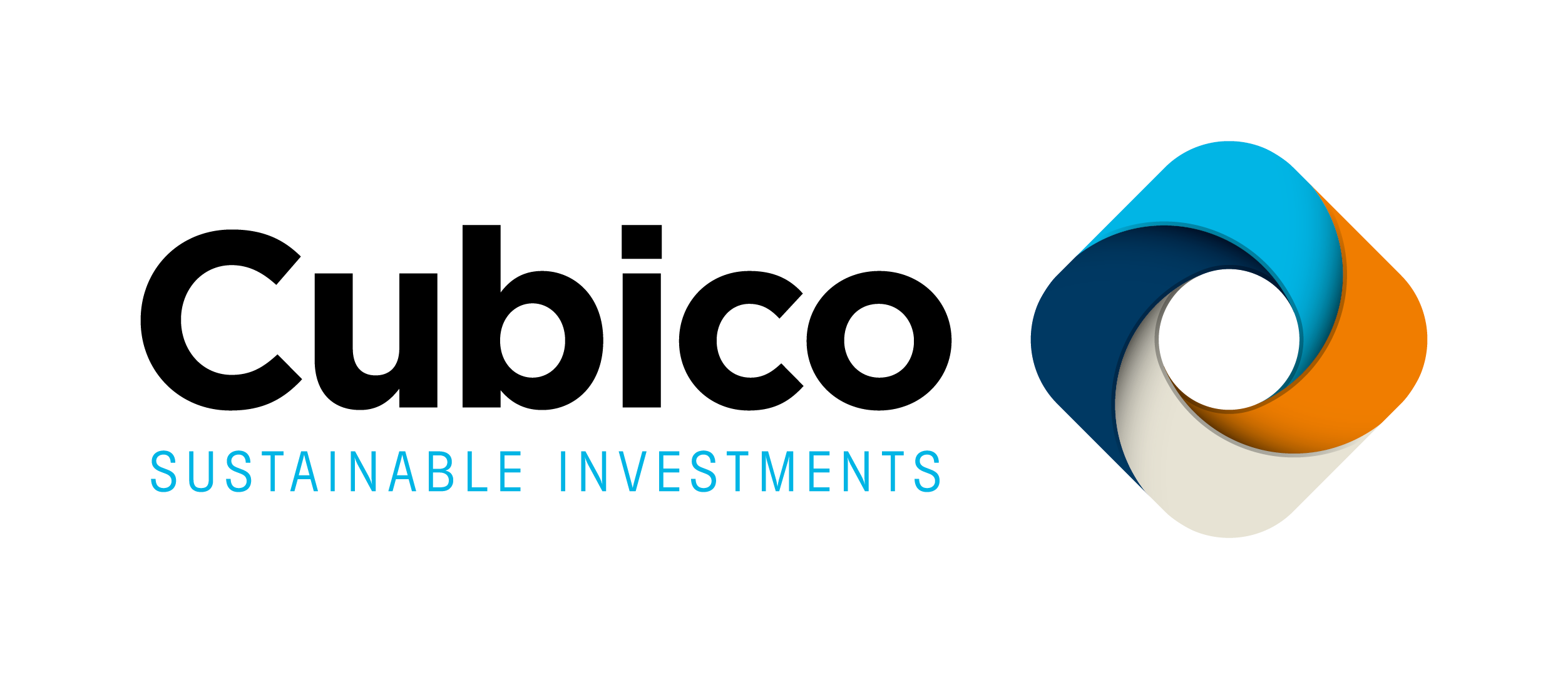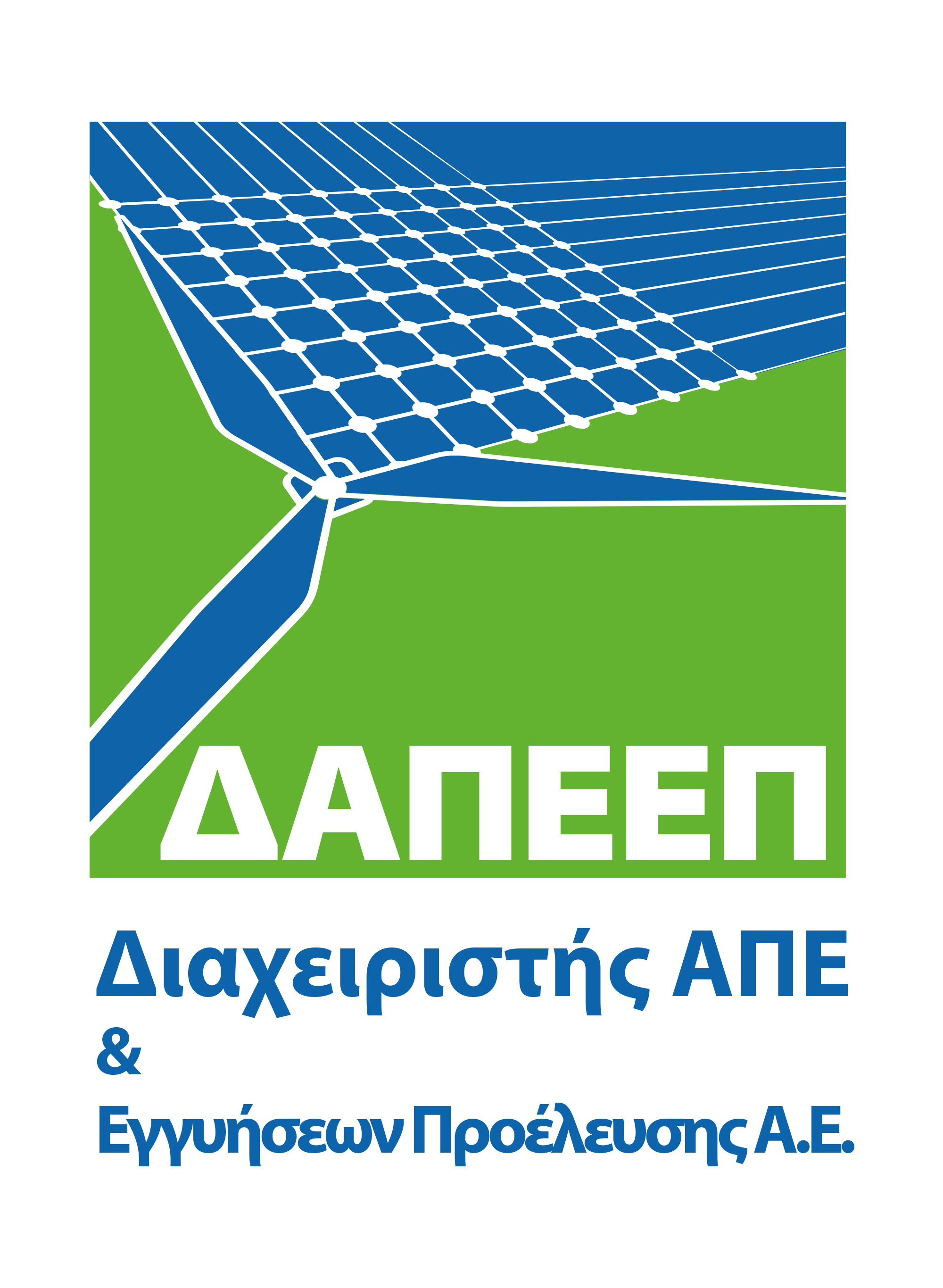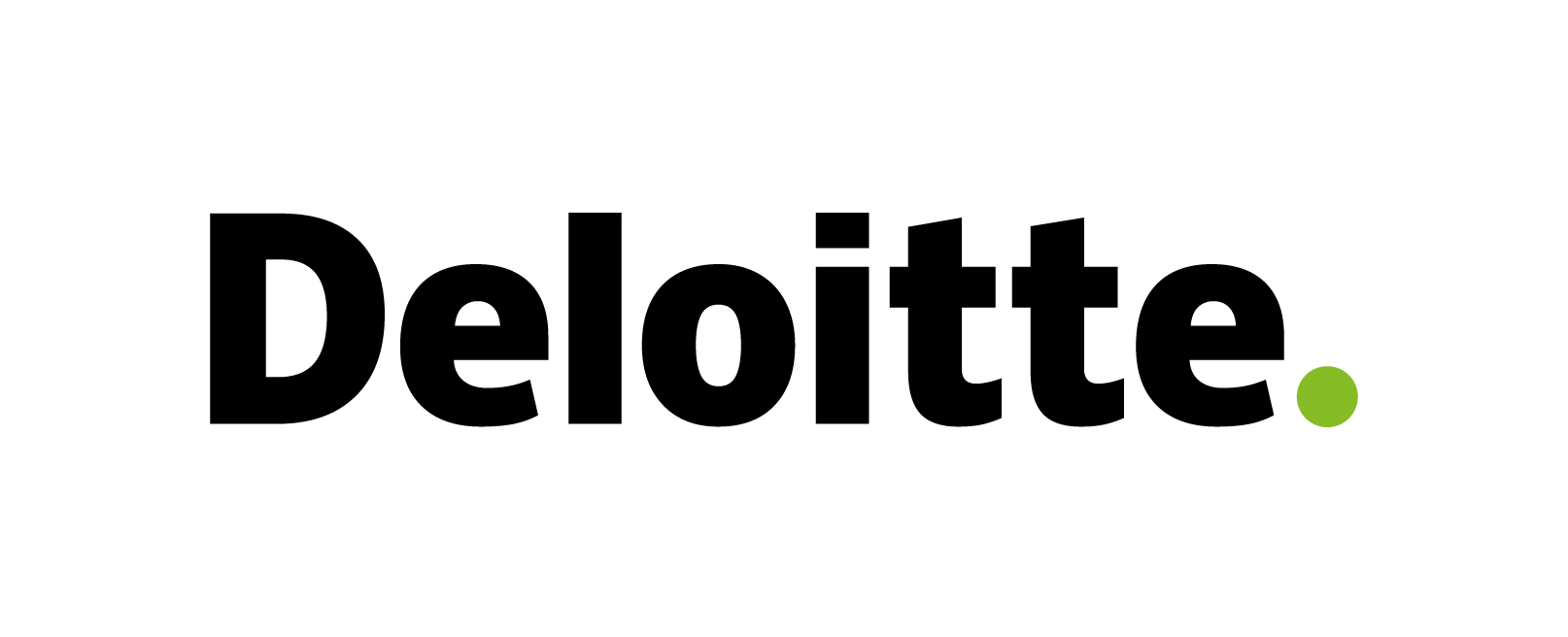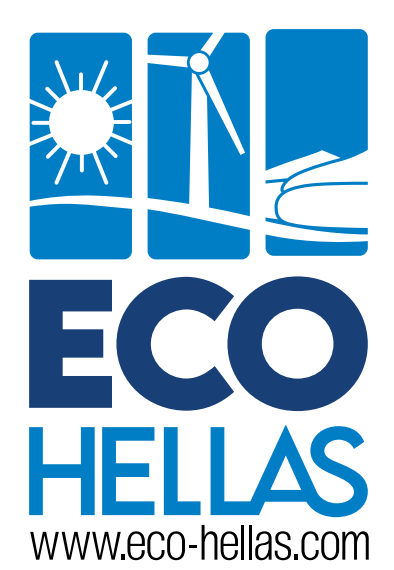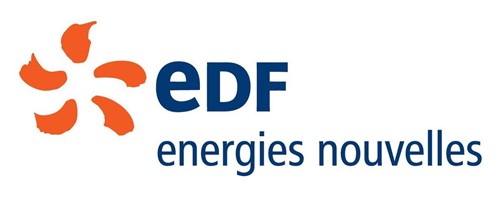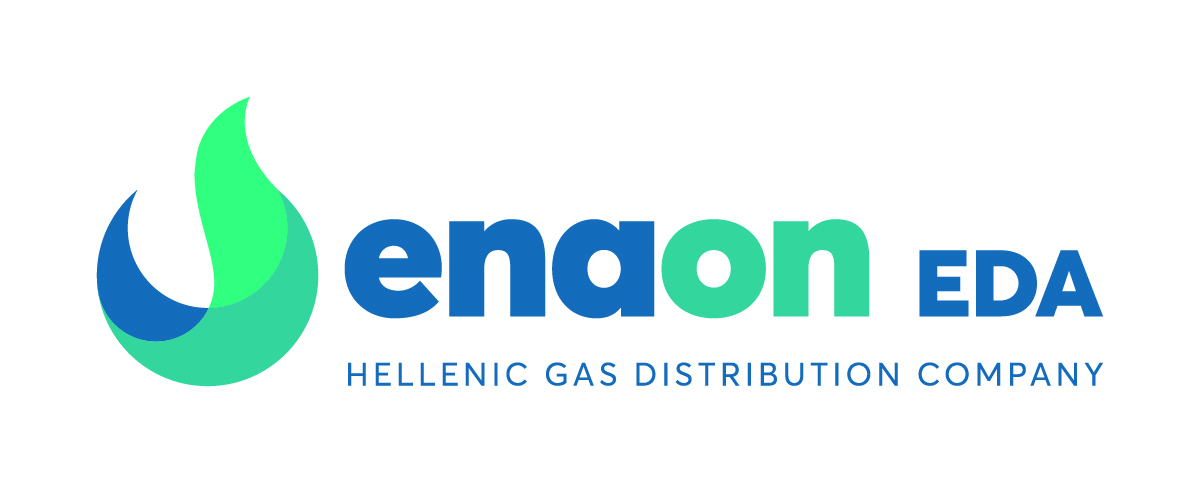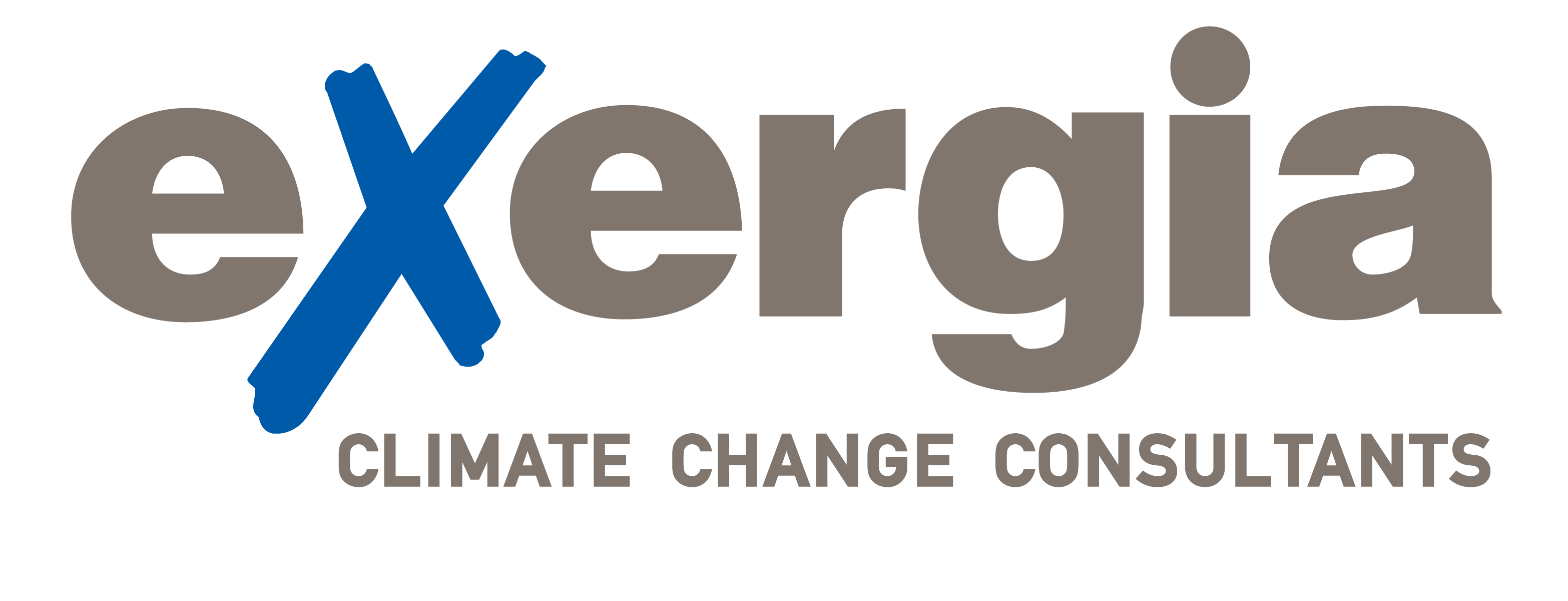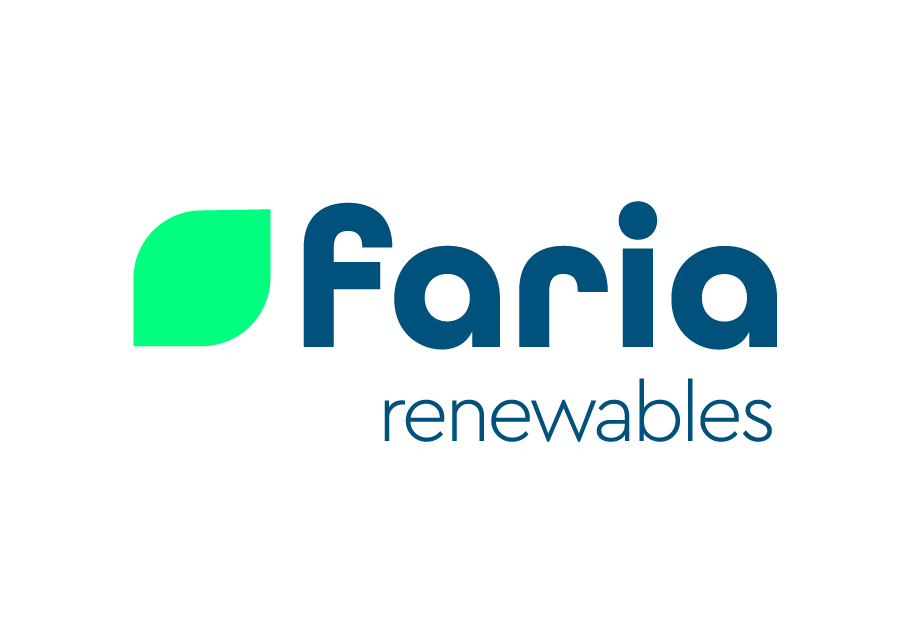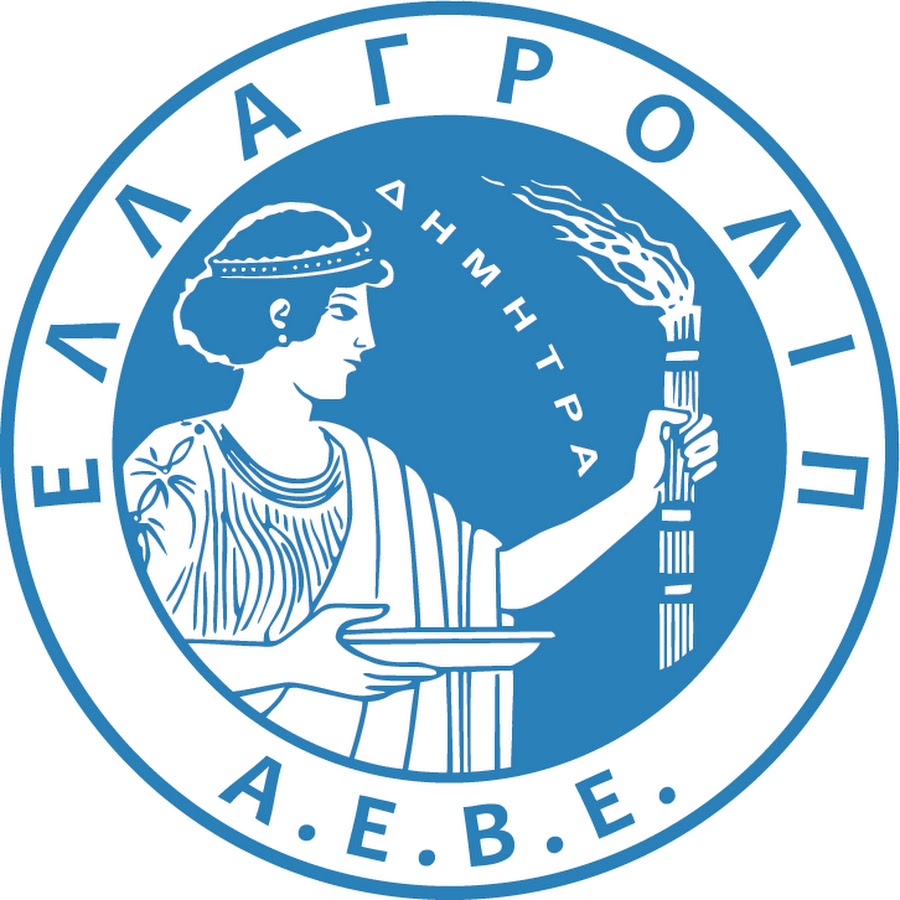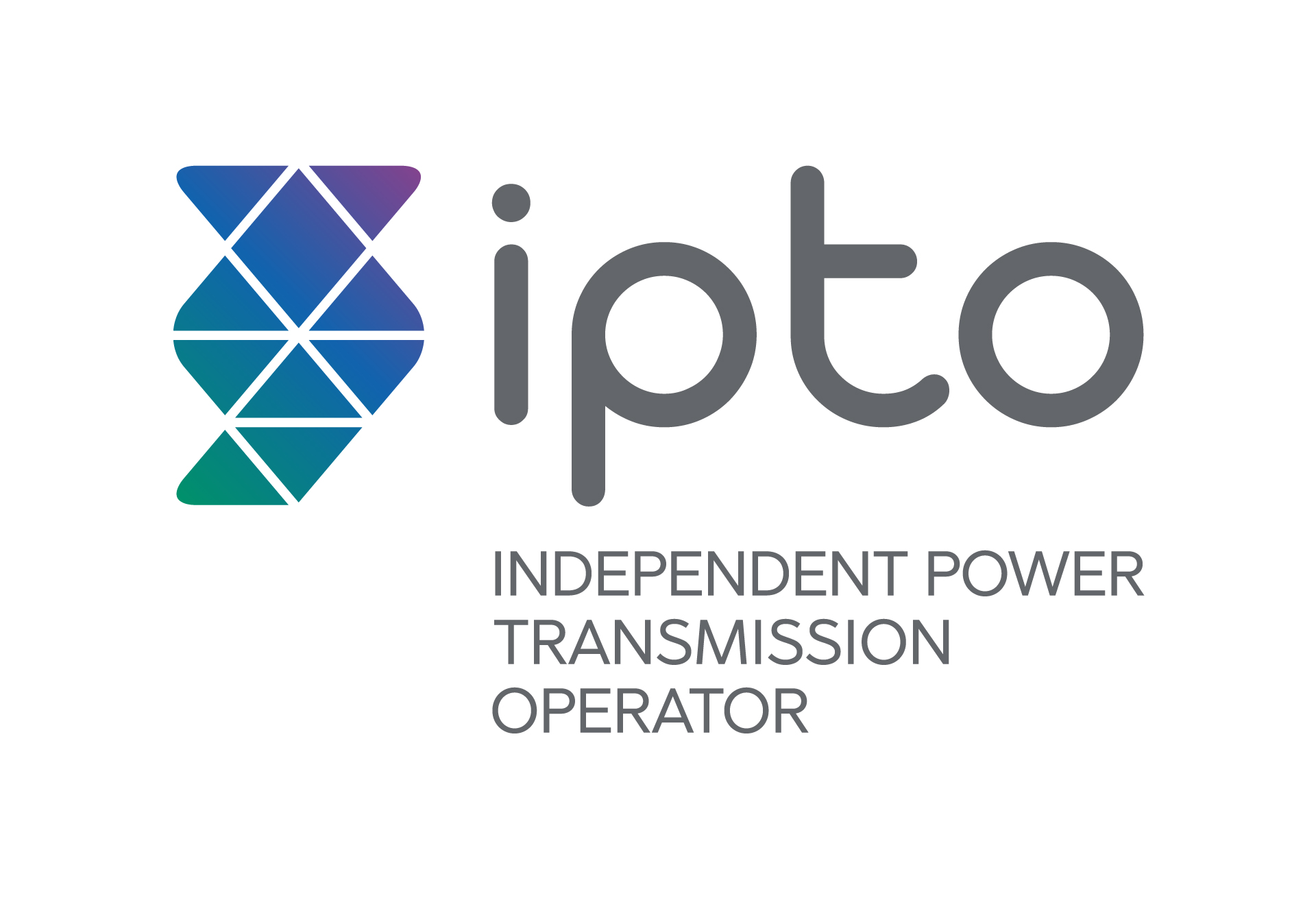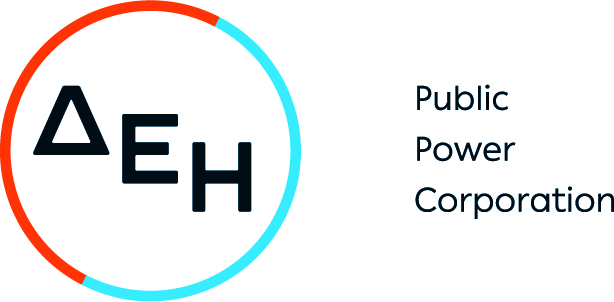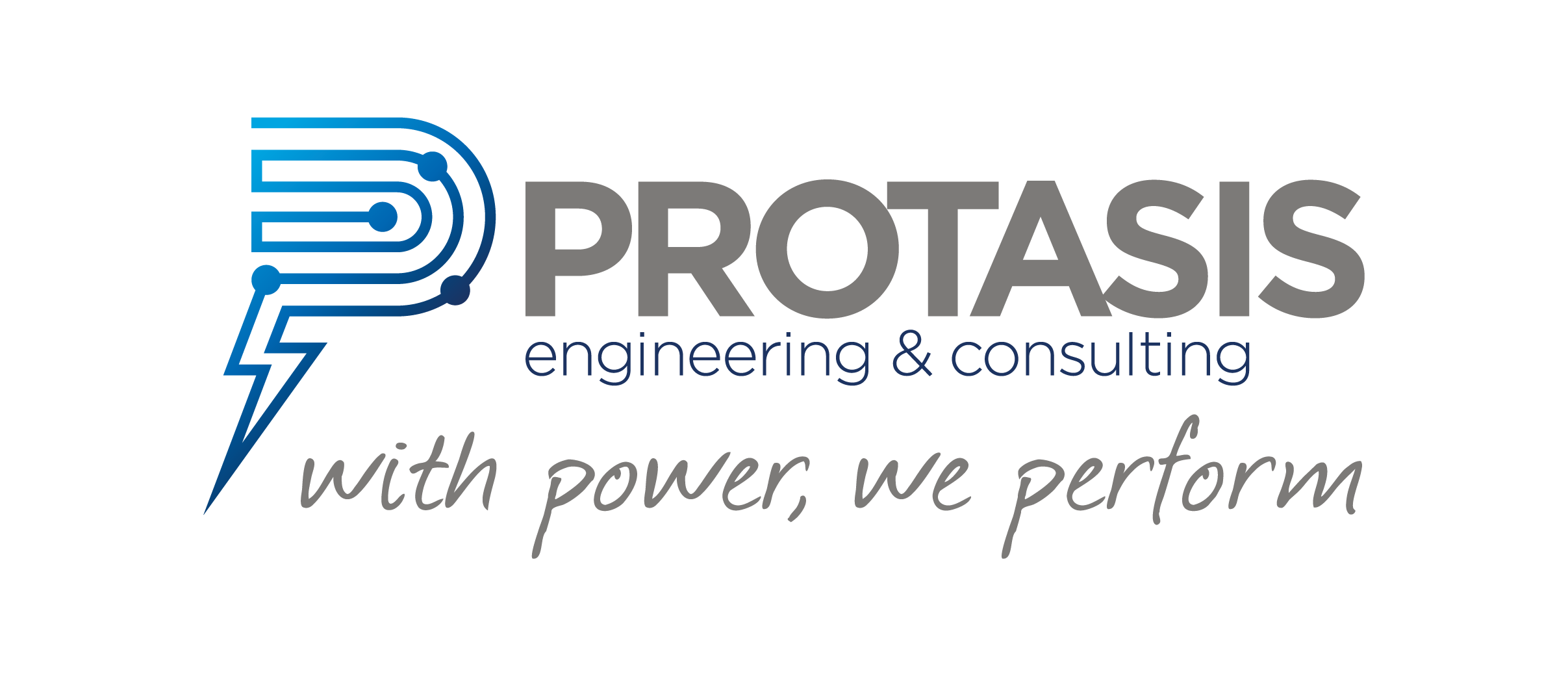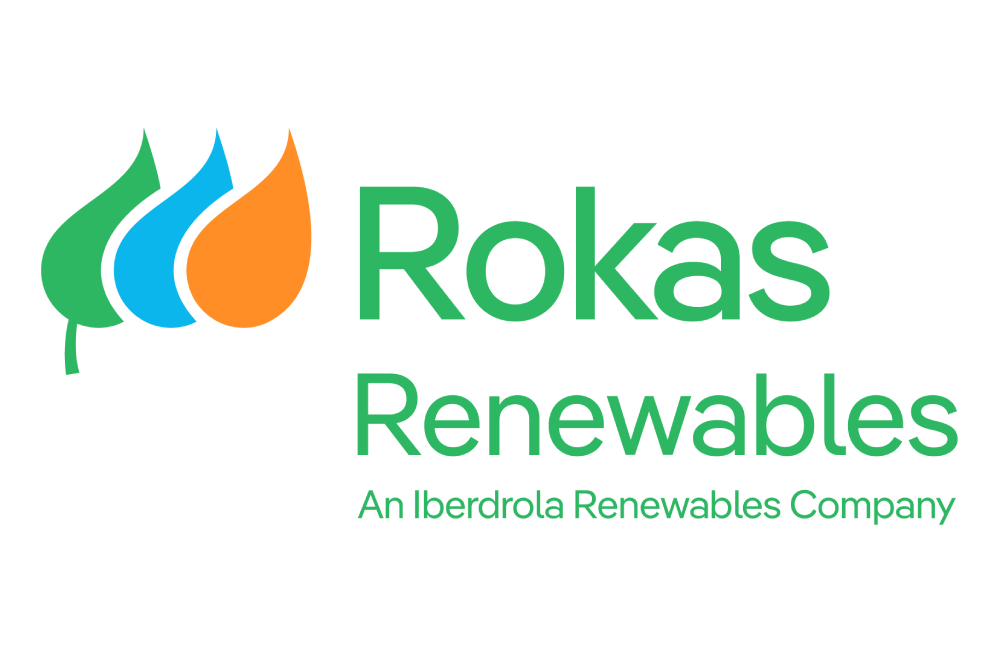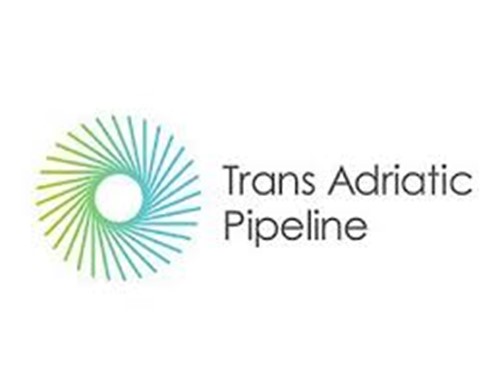RES and circular economy at the forefront for a green recovery
The Renewable Energy Sources (RES) sector is a prerequisite for achieving the national energy and climate targets of 2030. In addition, this sector has become an investment protagonist in the crisis of the global pandemic, as it has not been affected by other energy sources, such as oil. At the same time, the concept of circular economy has entered the European policy agenda dynamically in relation to RES. Generally, in the context of sustainable development and in contrast to the classical linear economy, in which wealth is generated without concern for the preservation of resources, the circular economy is based on the logic of waste disposal through optimal management and reuse processes.
The circular economy operates with a very specific model, which appeared several decades ago by economists, but began to be applied and developed in recent years, with main goal to tackle the continuous reduction of natural resources, in a society where the population and the needs constantly increasing constantly. The way to achieve balance is through the increase of resources efficiency during their use, while at the same time we must look after the least possible impact on the environment.
In a circular economy system, what we want to achieve is to reduce waste and pollution at every single stage of the production and use of a product. The main goals of the design are now to maximize recycling and reuse of goods before their final destruction. In other words, we move away from the model of export, produce, use, and disposal of a product, adding reuse, creation of added value and protection of the environment from pollution.
For the European Union, renewable energy is the forefront for economic recovery. The Commission's combined application of the circular economy model with RES gives a particularly "green" color to the relevant economic recovery plans which are announced so far. The European Commission is trying to incorporate the concept of the circular economy and its update within the national strategies of the Member States.
In our country a big issue has been arisen over how these principles will be widely applied in traditional non-"green" areas such as the retired stations and mines of PPC. After all, the Prime Minister himself placed the circular economy extremely high on the government's agenda, in order to give the sense of actions that need to be achieved in the near future.
As recently highlighted in the online discussion organized by the HAEE, the government aims to implement substantial projects in Greece in various sectors (tourism, transport, agriculture, etc.), which will create added value, through the participation of the private sector which includes a wide range of actions. Of course, it is required, in the context of the circular economy combined with RES, the creation of new jobs, especially in areas that are strongly affected by the energy transition, such as Western Macedonia and Arcadia.
The implementation of the above can be combined with the absorption of relevant Community resources, while the role of the "Antonis Tritsis" program, which promotes the cooperation of individuals and the State, is also considered important. Using the available tools and paying attention to the construction of a plan, our country will be able to overcome the lag which is created in sectors such as recycling and continue its positive way with RES moving forward in a lower environmental footprint era.
Spiros Papaefthimiou, Associate Professor, Technical University of Crete, President, HAEE
Konstantinos Zopounidis, Academician, Royal Academy of Economics and Finance, Royal European Academy of Doctors, Professor, Technical University of Crete & Audencia Business School, France
Konstantinos Tsagarakis, Professor Democritus University of Thrace
